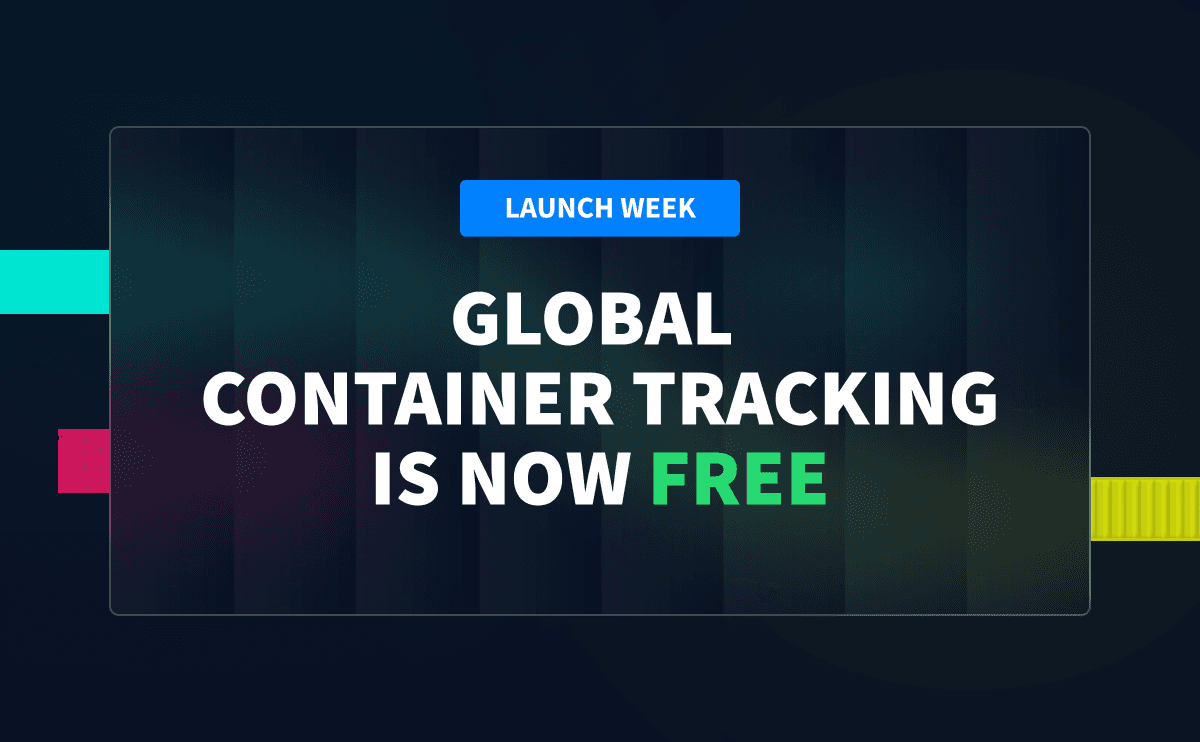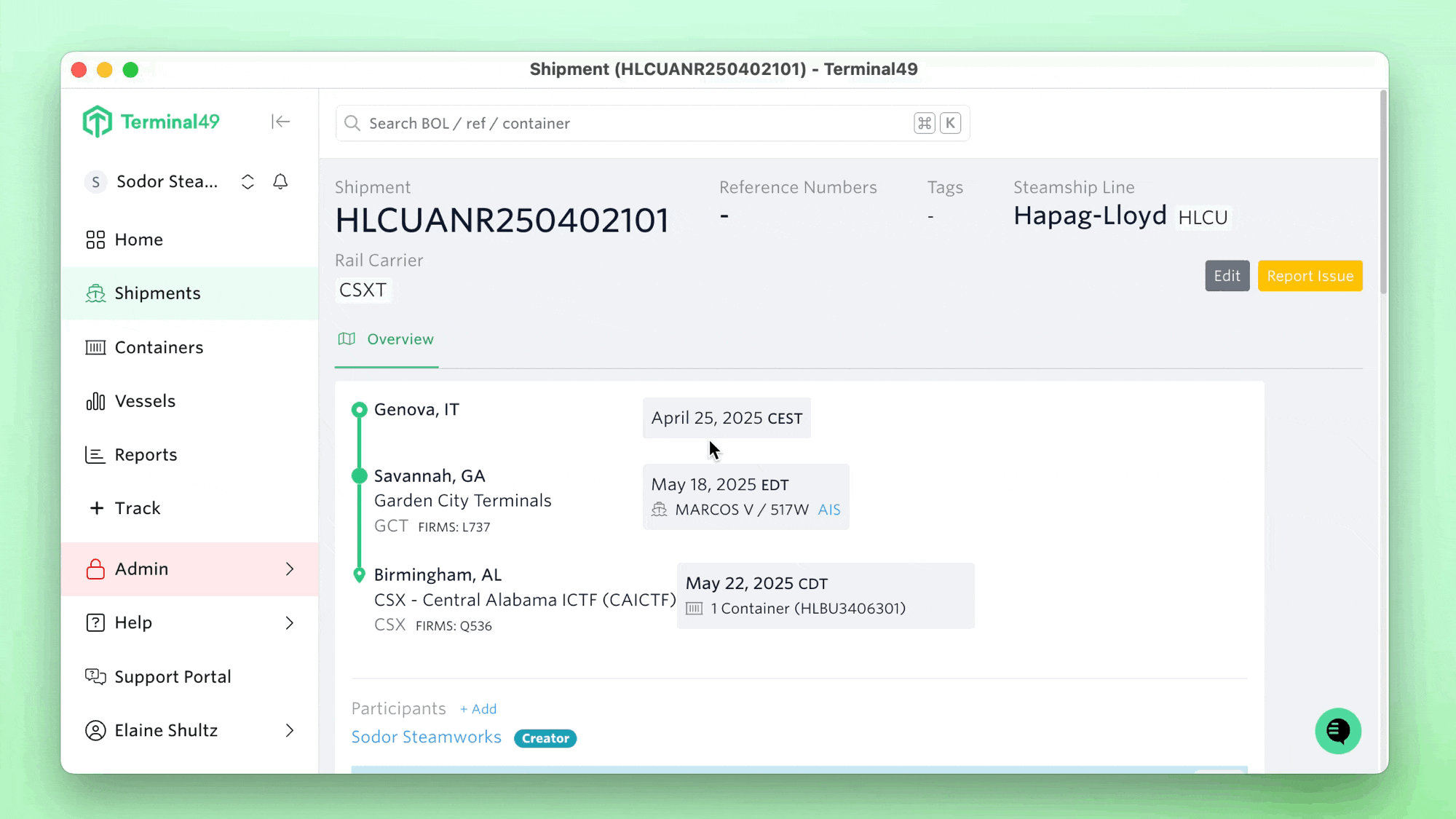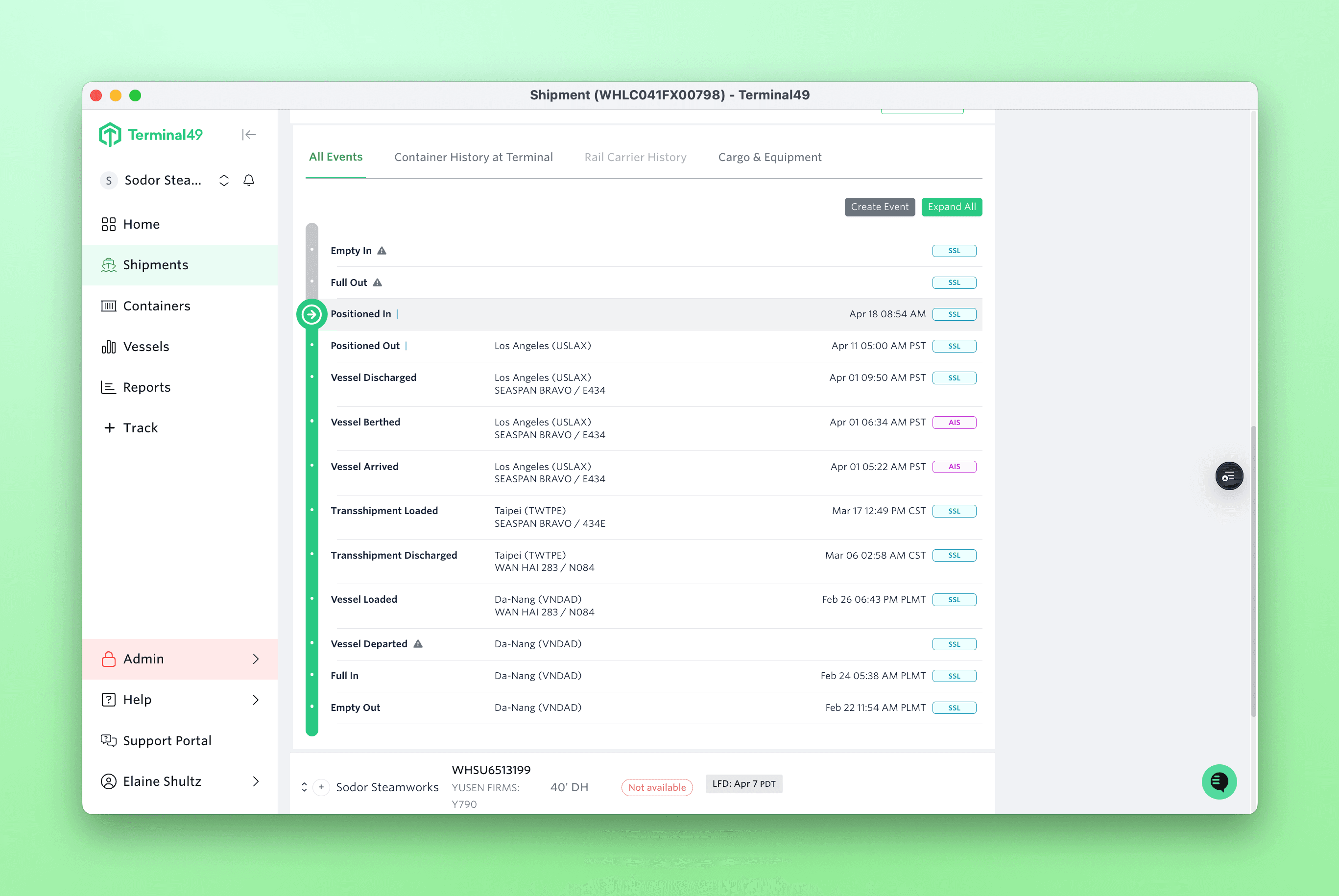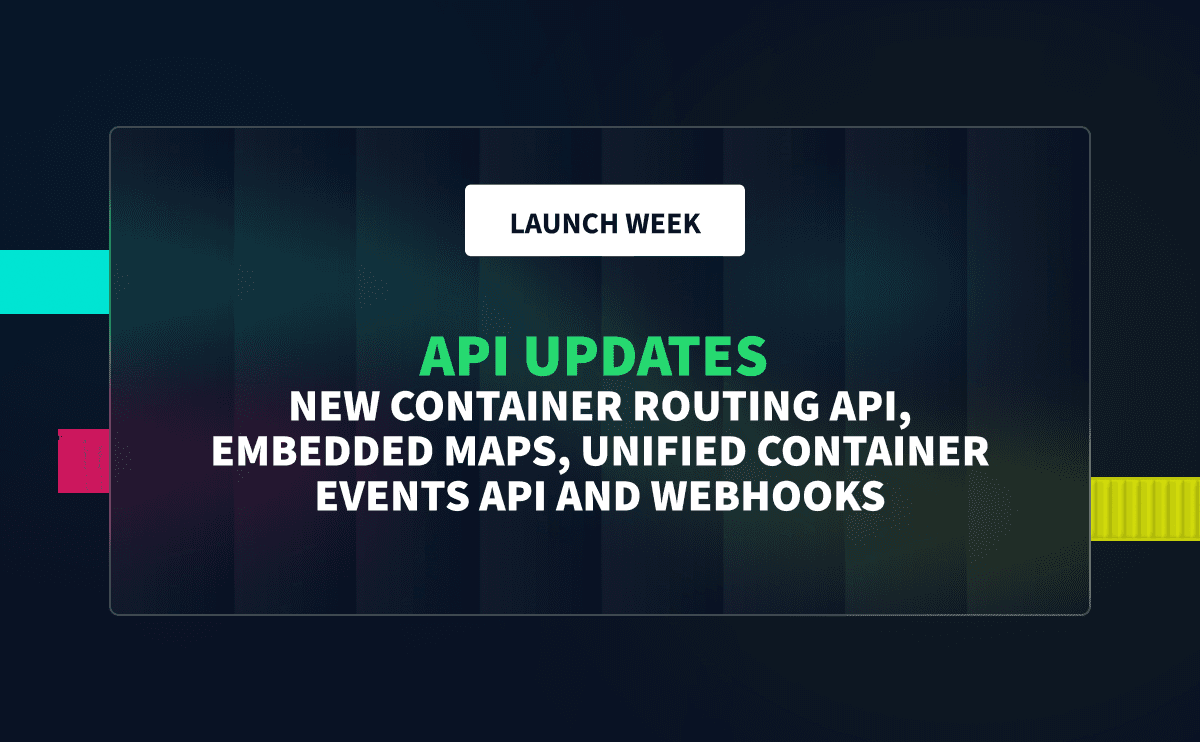In the world of logistics and supply chain management, understanding shipping terms and their implications is crucial. FOB, or "Free On Board," is one such term that holds significant importance in determining responsibility, risk, and costs during the shipping process. In this article, we'll delve into what FOB Shipping Point means and explore how modern logistics solutions like Terminal49 can help businesses navigate the complexities of shipping seamlessly.
FOB Shipping Point Defined
FOB Shipping Point, also known as FOB Origin, is an Incoterm that signifies when ownership and responsibility for goods transfer from the seller to the buyer. In FOB Shipping Point transactions, ownership transfers to the buyer at the moment the goods are loaded onto the carrier at the seller's location. This means the buyer assumes the risk and cost of transportation from that point onward. FOB is the most common agreement between international companies for ocean shipments.
FOB Shipping Point and Terminal49
Now, you might wonder how Terminal49, a modern logistics tool, relates to FOB Shipping Point. The connection lies in the efficiency and visibility that Terminal49 offers in managing shipments, even when they originate from the FOB Shipping Point.
Real-time Tracking
Terminal49 provides real-time tracking and visibility into your shipments, regardless of where they start their journey. For businesses operating under FOB Shipping Point terms, this is invaluable. It allows buyers to monitor their goods from the moment they're loaded onto the carrier at the seller's location. With real-time tracking, you can ensure that your products are on the move as agreed upon, helping you plan for their arrival more accurately.
Proactive Issue Resolution
Shipping under FOB Shipping Point terms means that the buyer bears the responsibility for any potential issues during transit. Terminal49 equips businesses with the tools to address problems proactively. For instance, if a shipment encounters unexpected delays or detours, Terminal49 can alert you in real-time, enabling you to take immediate action to minimize disruptions and additional costs.
Data-Driven Decision-Making
Modern logistics solutions like Terminal49 offer powerful data analytics capabilities. This is particularly useful for businesses operating under FOB Shipping Point because it allows you to gather insights into shipping patterns, transit times, and potential areas for cost optimization. By harnessing these insights, you can make informed decisions to streamline your logistics operations and reduce overall expenses.
Collaboration Across the Supply Chain
Effective communication and collaboration are essential when operating under FOB Shipping Point terms. Terminal49 fosters seamless collaboration among various stakeholders in the supply chain, including sellers, buyers, carriers, and freight forwarders. This ensures that everyone involved is on the same page, reducing the likelihood of misunderstandings and disputes.
Improved Cost Management
Under FOB Shipping Point, transportation costs become the responsibility of the buyer. Terminal49 helps buyers manage these costs more efficiently. By optimizing routes, negotiating favorable rates, and minimizing delays, Terminal49 can contribute to significant cost savings in the long run. Managing costs lead to wider margins and more flexibility for companies to grow.
Conclusion
FOB Shipping Point is a shipping term that indicates that the title and responsibility of goods transfer from the seller to the buyer when the goods are placed on a delivery vehicle. While this can introduce complexities and risks, modern logistics solutions like Terminal49 are designed to mitigate these challenges. By offering real-time tracking, proactive issue resolution, data-driven decision-making, enhanced collaboration, and improved cost management, Terminal49 can empower businesses to navigate FOB Shipping Point transactions with confidence and efficiency. In today's dynamic logistics landscape, having the right tools at your disposal is essential for success, whether you're shipping from the point of origin or receiving goods as the buyer under FOB terms.





